A cookie is a file that is downloaded to your computer when accessing certain web pages. Cookies allow a website, among other things, to store and retrieve information about a user’s or device’s browsing habits and, depending on the information they contain and how the device is used, they can be used to recognize the user.
The user’s browser stores cookies on the hard drive only during the current session, taking up minimal memory space and not harming the computer. Cookies do not contain any specific personal information, and most of them are deleted from the hard drive at the end of the browser session (these are called session cookies).
Most browsers accept cookies as a standard, and regardless of them, allow or block temporary or stored cookies through the security settings.
**What types of cookies exist?**
– **Technical cookies**: These are the most basic cookies and allow, among other things, to know when a human or an automated application is browsing, when an anonymous user or a registered one is browsing—essential for the operation of any dynamic website.
– **Analysis cookies**: They collect information about the type of browsing you are doing, the sections you use the most, products viewed, the time frame of usage, language, etc.
– **Advertising cookies**: They show advertising based on your browsing behavior, country of origin, language, etc.
– **First-party cookies**: These are generated by the website you are visiting.
– **Third-party cookies**: These are generated by external services or providers such as Facebook, Twitter, Google, etc.
**What types of cookies does this website use?**
– **Session cookies:**
PHPSESSID: This cookie is automatically activated when the user accesses the website and expires at the end of the browsing session. Its purpose is to manage the user’s session. This cookie is necessary for navigation and the proper functioning of the website.




